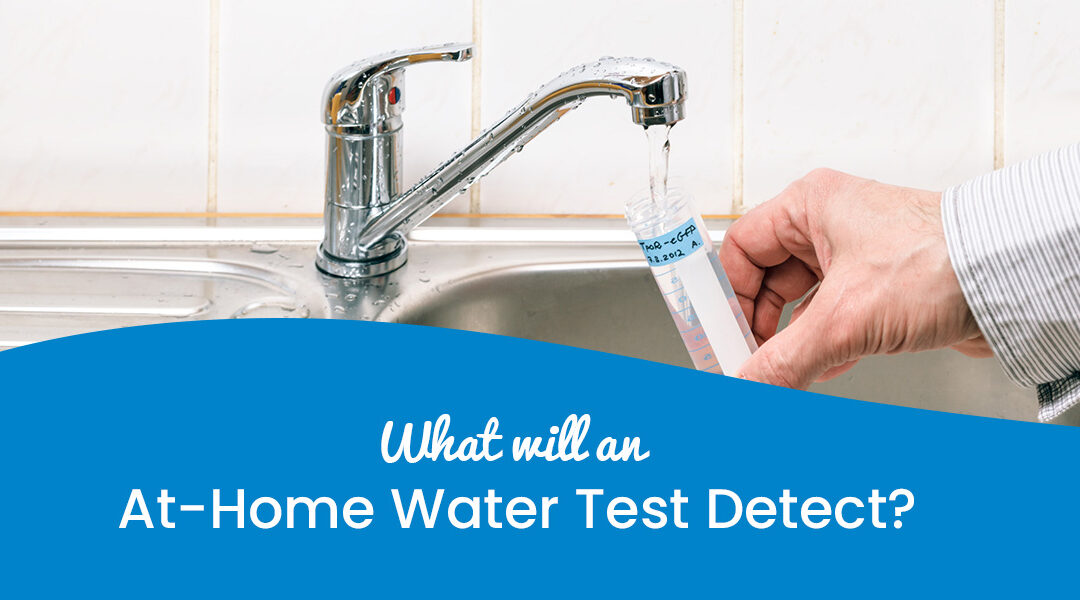Table of Contents
What Is a Water Test Kit?
Water test kits offer the supplies you need to test your water. They may come in three forms:
- Test strips: Single-use strips that change color depending on which contaminant is present. The shade and brightness of the test indicate the concentration of the contaminant.
- Color disc kits: Less common than single-use test strips, color disc kits use powder to indicate the presence of contaminants.
- Digital instruments: Metal diodes that measure water supply impurities, often used by professionals.
Why Test Water at Home?
The main reason to get your water tested is to look out for your family’s health and safety. You want to ensure they get drinking water that will nourish them. Sometimes water contains viruses and bacteria that cause illness, but you can’t identify them just by looking at or tasting the water. By testing your water, you can also avoid illness and long-term health issues whose causes can be difficult to pinpoint with the various water types.
What Can a Home Water Test Find?
Home water tests can identify a range of chemicals and additives in the water, often things you wouldn’t otherwise know to look for. Some of the most common pollutants in water include:
- Bacteria: Coliform bacteria can harm your microbiome.
- Nitrate: Groundwater tends to contain higher nitrate concentrations, and nitrate can mess with your blood’s ability to carry and retain oxygen. Babies can be particularly vulnerable to nitrate’s effects.
- Ions: While not necessarily threatening your health, ions can make your water taste or smell odd. Ions might include sulfate, iron, chloride or sodium.
- Sulfate: Too much sulfate can give you diarrhea or cause stomach issues.
- Fluoride: Some fluoride can help prevent cavities among kids, but if your water has too much fluoride, it can actually have the opposite effect, creating dental issues.
- Total dissolved solids: A large amount of dissolved inorganic substances like sulfate, sodium and more can affect the quality of your water.
If you find these pollutants, you may consider getting a home water purifying system to clean your water before you consume it. The need for a treatment system may arise suddenly, so it’s critical to perform at-home water tests regularly, allowing you to monitor changes in the water.
Get a Free At-Home Water Test in Mechanicsburg
Now that you know what to expect with a home water test, it’s time to make it happen. Culligan Water offers free at-home water tests that can put your mind at ease. Get yours done today. Reach out to us online to schedule your water test.

